The People Who Want Love the Most
Emotional survival in modern relationships isn’t a crisis, it’s a reflection of the world we now live in. New research doesn’t say we’re broken for craving connection. It shows we’re just living in a world that keeps reshaping what “real” love means, and where we’re allowed to find it.
A massive study across 90 countries found something quietly urgent: the people who value romantic love the most aren’t the ones with stable lives. They’re women, single parents, and low-income families. The ones with the most to carry often believe in love the hardest. Because for many, love isn’t about feelings. It’s about function.
It’s someone helping with groceries when your hands are full. Someone holding the baby while you fall apart. Love, in this context, isn’t fireworks, it’s fuel. It’s not poetry, it’s backup.
Maybe that’s why more people are finding comfort in places that don’t talk back.
When Affection Comes on Four Legs
Pet owners report life satisfaction levels similar to married couples or people earning £70,000 more a year. Pets don’t talk back, and don’t pretend. They don’t keep score. In many cases, people trust their pets more than their partners.
Others are forming emotional bonds with AI. Romantic chatbot relationships aren’t just a curiosity, they’re becoming a choice. Chatbots don’t cheat. They don’t forget anniversaries. You get affection on demand, without the emotional negotiation. It’s affection without risk, but also, without depth.
What Emotional Survival Looks Like Now
Researchers found that expressing negative emotions like stress or sadness actually draws partners closer. Vulnerability builds trust, and couples who approach conflict with humility by saying “I might be wrong” tend to last longer than those who just try to “win.”
But even when love shows up, it often doesn’t land.
Affection deprivation is real. A lack of physical touch pushes people to fake connection. Some literally. One study links low affection to higher rates of faked orgasms. We perform closeness instead of feeling it, and in some spaces, that performance is mistaken for connection.
These aren’t isolated shifts, they’re part of a larger pattern: emotional survival in modern relationships. We’re not craving too much, we’re asking for enough.
So What Do We Actually Want?
Love today is shaped by something deeper than aesthetics, emotional survival in modern relationships.
Maybe modern love isn’t broken. Maybe we’re just more aware of the cracks. Maybe we’re starting to ask better questions.
Like, what does love look like when we stop performing and start admitting what we need, especially in a world that keeps mistaking attention for connection?
Whether it shows up in a partner, a pet, or a chatbot, maybe love today isn’t about perfection, it’s about permission.
Permission to want too much.
Permission to ask for more than just replies.
Permission to be human.

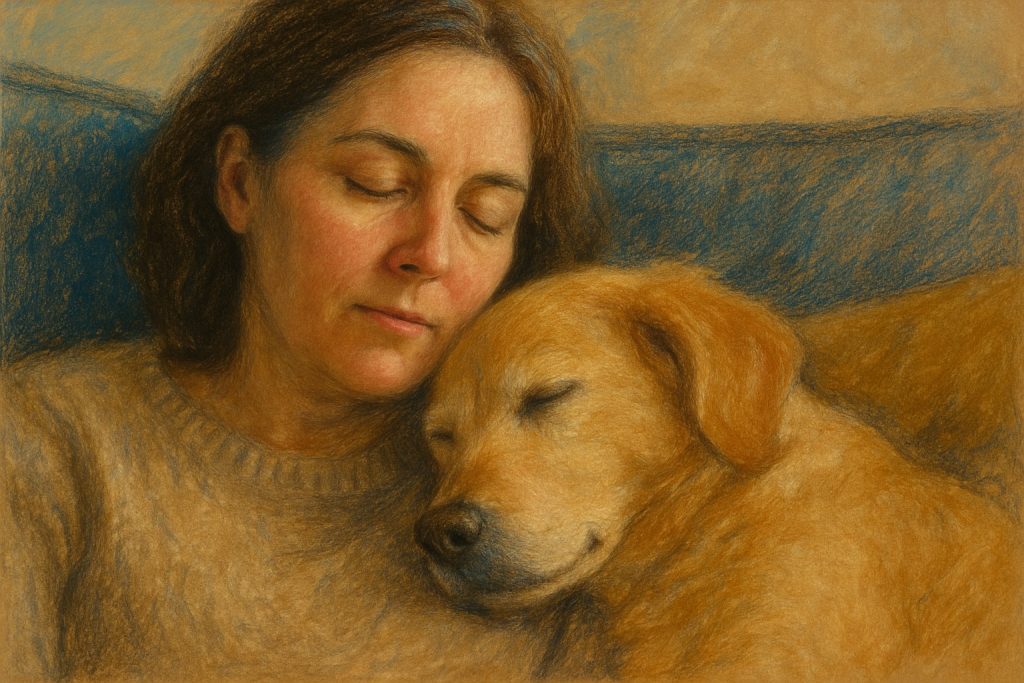
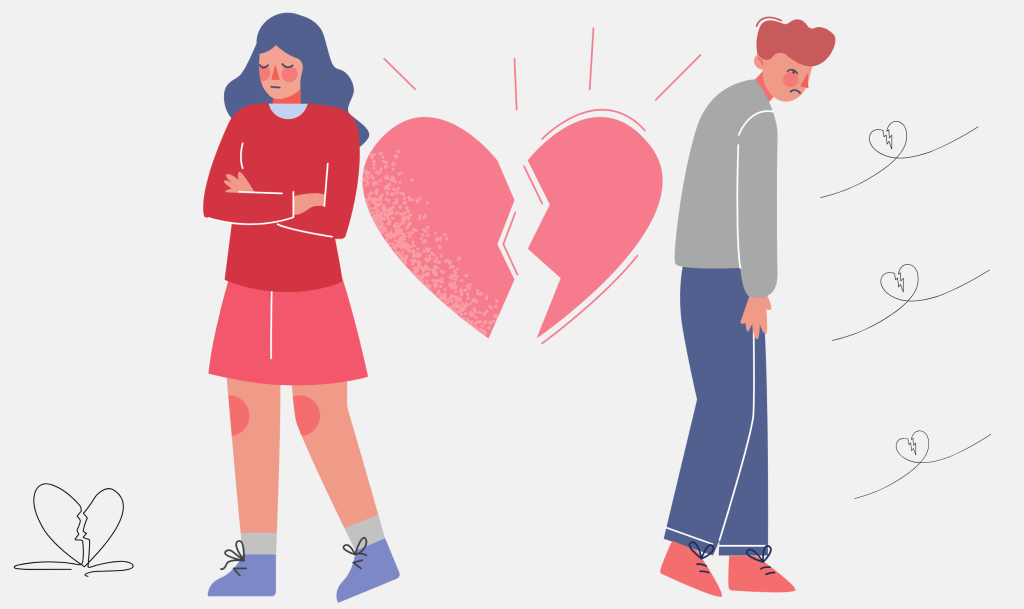


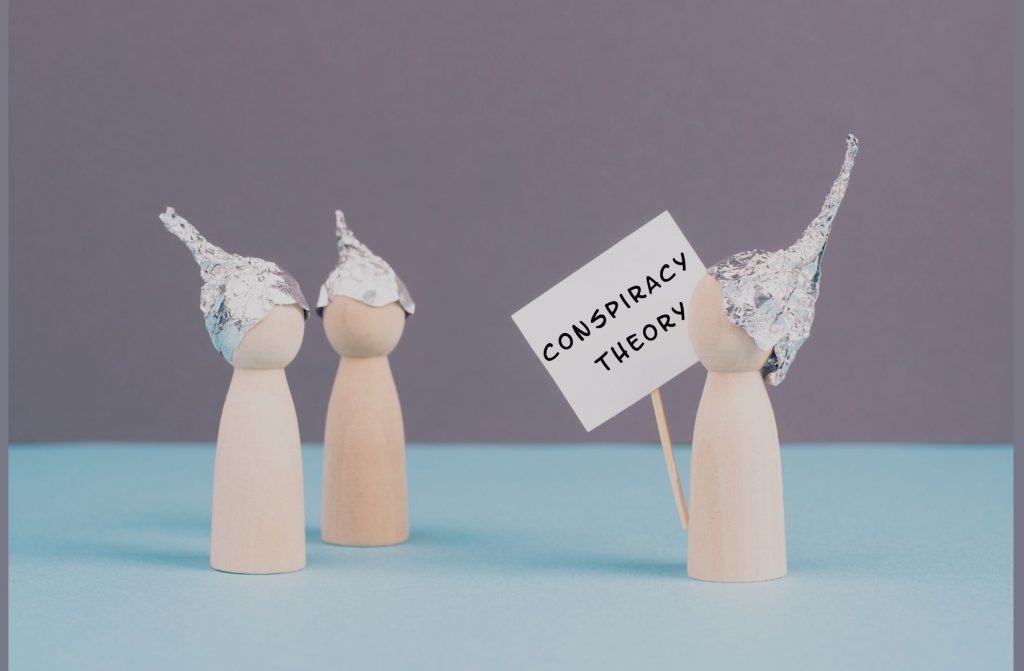
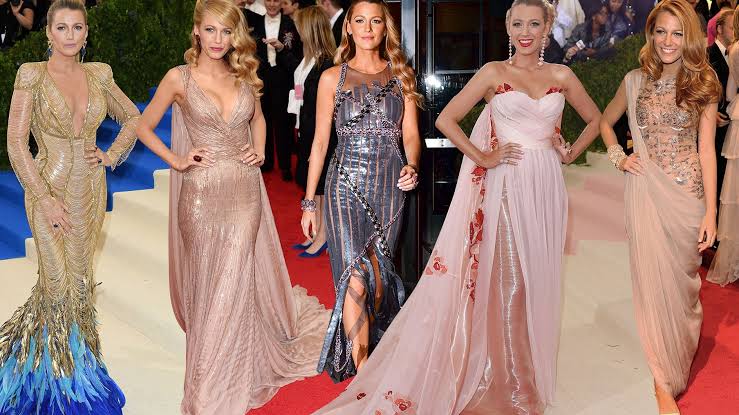
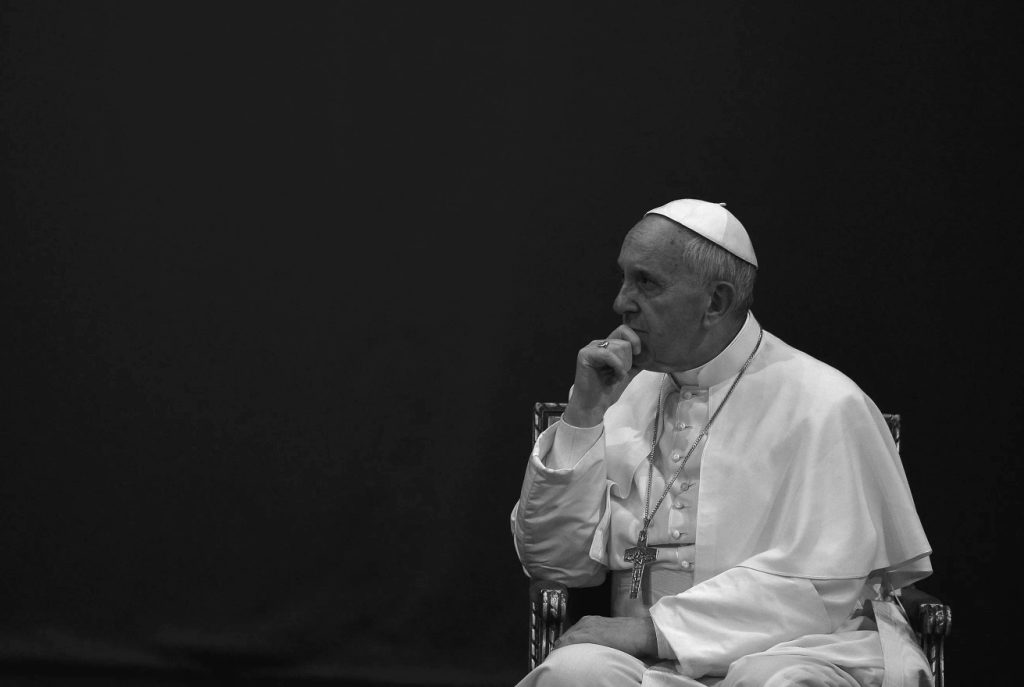
7 Responses
Good https://rb.gy/4gq2o4
Very good https://is.gd/N1ikS2
Awesome https://is.gd/N1ikS2
Very good https://is.gd/N1ikS2
Awesome https://is.gd/N1ikS2
Very good https://is.gd/N1ikS2
Good https://is.gd/N1ikS2